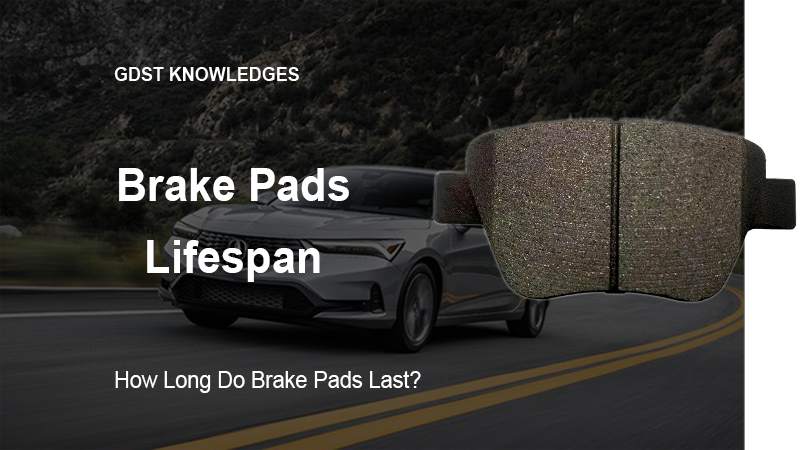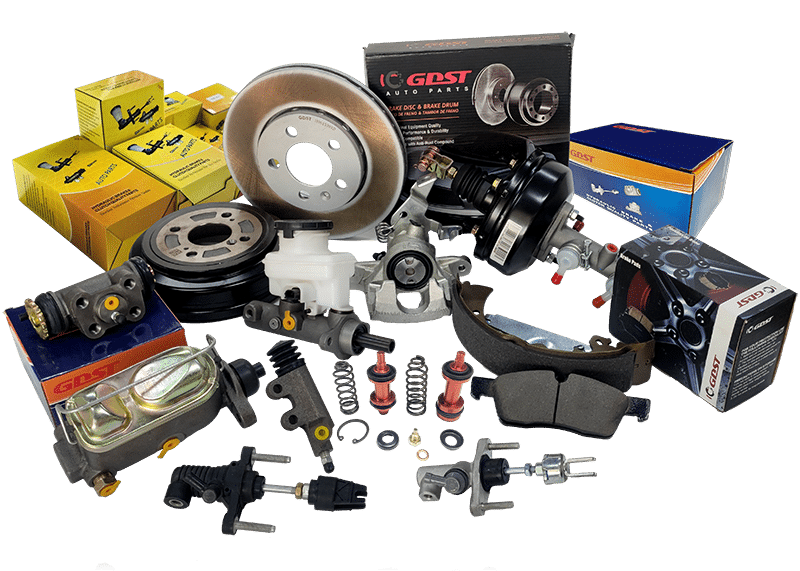You’ve probably wondered, “How long do brake pads last?” It’s a critical question for any driver, as knowing when to replace them can save you money and prevent potential accidents. Let’s dive into what affects brake pad lifespan, and how to ensure yours lasts as long as possible without compromising safety.
What is Brake Pads Lifespan?
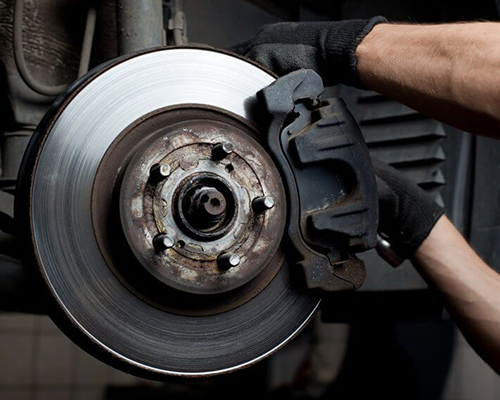
Brake pads generally last between 30,000 and 50,000 kms depending on your vehicle type and how you drive.
Drivers who travel mostly on highways may see longer-lasting pads, while those who frequently drive in city traffic or mountainous areas may experience faster wear.
But if you drive in heavy traffic or hilly terrain, your brake pads may wear out quickly.
So you should do regular maintenance and checks to help you avoid unexpected issues and extend the life of your brake pads.
How Long Do Ceramic Brake Pads Last?
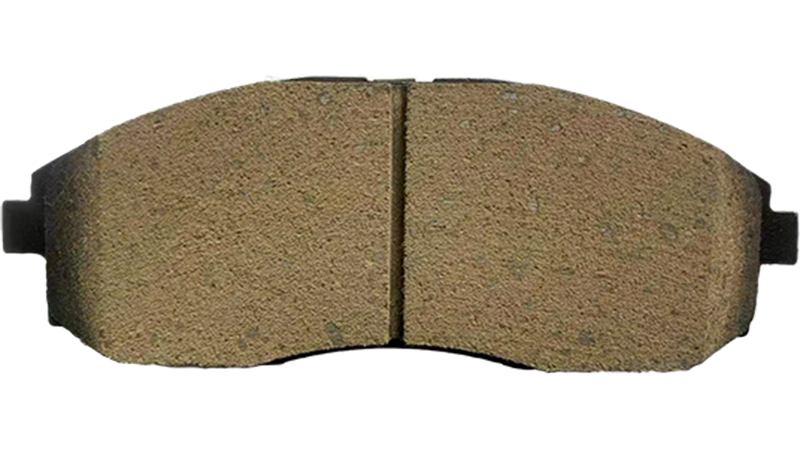
Ceramic brake pads can last between 40,000 and 50,000 km.
As we know, ceramic brake pads are made from a combination of ceramic fibers, nonferrous metals, and bonding agents.
Due to the hardness of the ceramic materials, they resist wear more effectively than organic or semi-metallic pads.
How Long Do Low-Metallic Brake Pads Last?
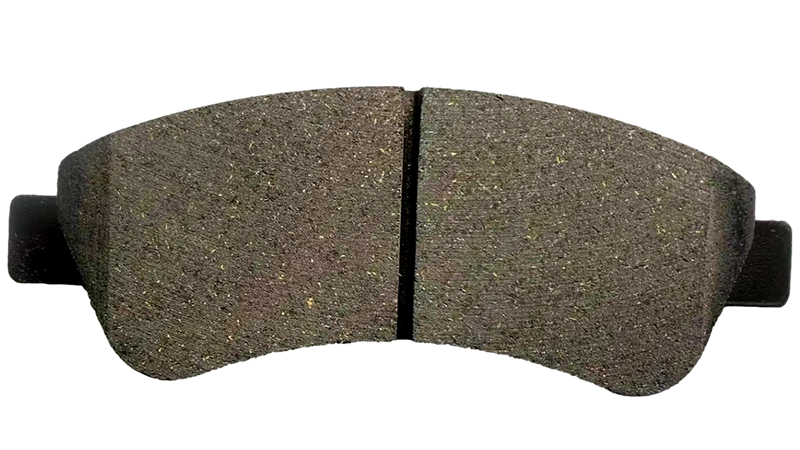
Low-metallic brake pads can last 30,000 to 40,000km.
With a steel fiber content of 5%-20%, density of 2.0-2.5g/cm³, and high-quality mineral fibers, which make the brake disc does not easy to turn black, almost no noise, not easy to rust, high braking comfort and braking sensitivity, good insulation performance.
How Long Do Semi-Metallic Brake Pads Last?
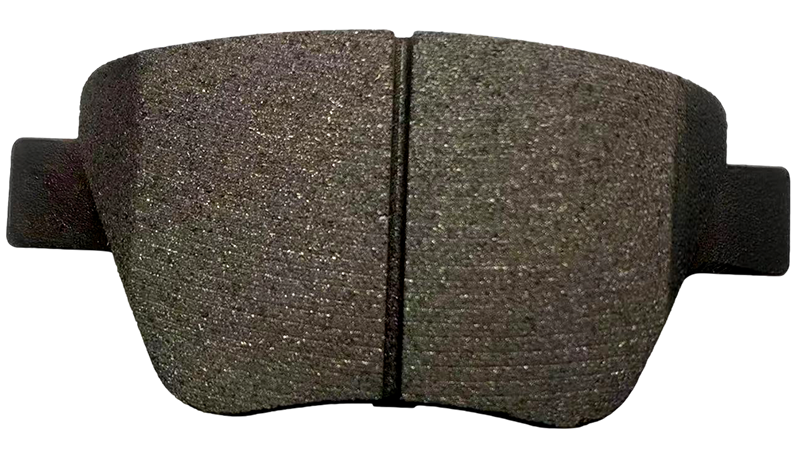
Semi-metallic brake pads generally last around 30,000km, made from a mixture of metal fibers, such as steel, copper, or iron, along with other materials like graphite and friction modifiers.
The high metal content provides excellent heat dissipation, making them well-suited for heavy braking applications.
The metal composition allows semi-metallic pads to be more durable than organic pads but may produce more noise and brake dust.
Due to their tougher composition, they tend to wear faster than ceramic brake pads under normal driving conditions.
How Long Do Organic Brake Pads Last?
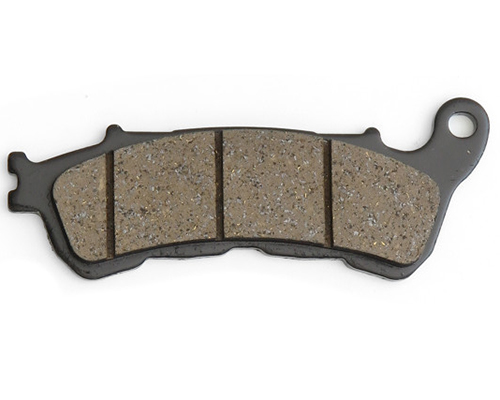
Organic brake pads typically last between 25,000 and 30,000 km, made from a combination of natural materials like rubber, resin, carbon compounds, and sometimes small amounts of metal fibers.
While organic brake pads are quieter and less dusty than semi-metallic pads, they wear out faster, don’t withstand heat, and don’t brake very well.
How Many MM Should Brake Pads Be?
For new brake pads, the thickness can vary slightly depending on the type of vehicle.
- Trucks: New brake pads for heavy-duty trucks are around 12 to 15 mm thick.
- Passenger Cars: For standard passenger cars, new brake pads usually measure between 8 to 12 mm in thickness.
- SUV: New brake pads for SUVs are generally around 10 to 14 mm thick.
- Bus: Brake pads for buses are usually much thicker, around 15 to 20 mm when new.
When Should Brake Pads Be Replaced MM?
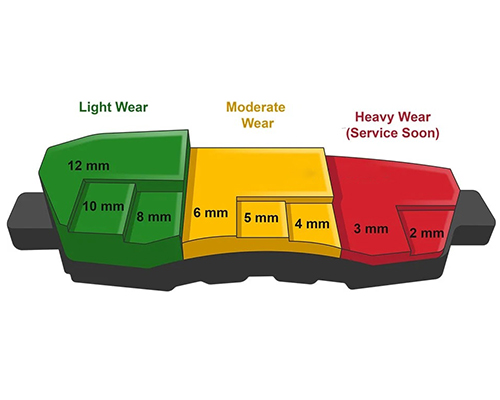
Brake pads should generally be replaced when their thickness reaches around 3 mm.
At this point, the brake pads are considered to be worn down and may no longer provide optimal braking performance.
It’s important to check brake pad thickness regularly to ensure safe braking performance, you know excessively worn brake pads can damage the brake rotors and reduce overall braking effectiveness.
How Do I Know If My Brake Pads Are Worn Out?

Knowing when your brake pads are worn out is crucial for your safety. Here are a few signs to look for:
- You feel vibrations or pulsations in the brake pedal when braking.
- A noticeable increase in stopping distance.
- Your foot goes further than usual when pressing the brake pedal.
- The car leans to one side when braking.
- Visually thin brake pads. If the brake pad thickness is less than 3mm, it’s time to change.
If you notice any of these brake pad symptoms, it’s best to get your brakes checked immediately.

